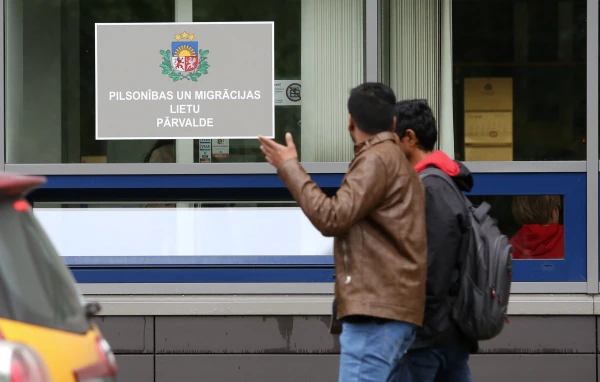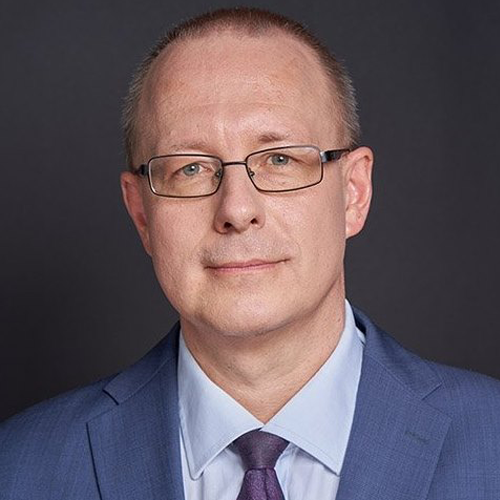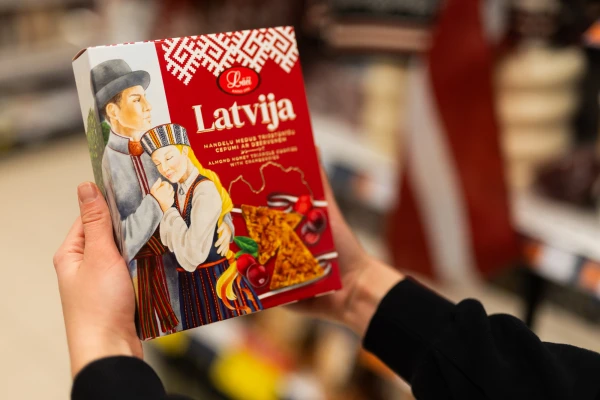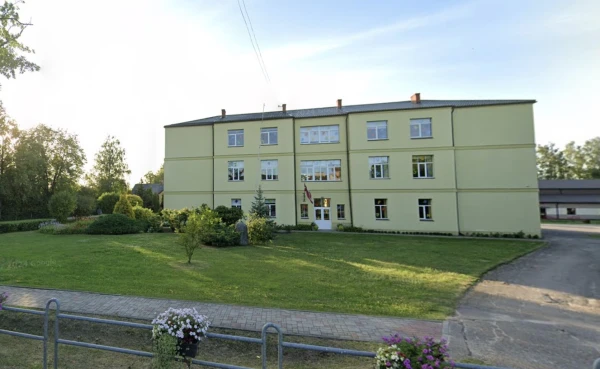
More and more foreigners from "third countries" (non-EU) are arriving in the Republic of Latvia, wishing to settle in Europe — due to the fact that things are bad in their homeland. Whether to help such newcomers was recently decided by the members of the Saeima Committee on Citizenship, Migration, and Social Cohesion.
A new arrival in our home...
The trend that has emerged since last year is an increasing number of minor immigrants. In Latvia, 35 families with children have arrived, totaling 130 children, or almost 4 per family. Another 13 minors managed to cross the border on their own. In 2025, which is not yet over, the latter number has already reached 63!
As of September 1, representatives from 47 countries have arrived in our republic. The undeniable leader is Tajikistan (17%), followed by Somalia (16%), Afghanistan (12%), Sudan (8%), and Algeria (5%). Of course, the situation regarding freedom and safety in all these countries is dire — but it is likely that Africans will qualify as refugees first. After all, they are also facing war!
“They are placed in detention centers, stay there for a long or short time, and municipalities need to take care of them,” stated the chairman of the parliamentary commission, Gunars Kutris (Union of Greens and Farmers). Municipalities must provide mentors to accompany the children, for example, to school. The Orphan's Court should also play its role. By law, for each immigrant child attending school, 257 euros are allocated.
They need to be placed in the right environment
However, it was mentioned at the meeting that sending children directly to municipal educational institutions is unwise; they should first learn the basics of Latvian in immigration detention centers. But even this will not be easy:
– A teacher needs to work with children who do not even speak English, – noted G. Kutris.
In the vision of national politicians, the main issue for newcomers is linguistics.
– We once visited Mucenieki, where adults were taught the Latvian language, – recalled deputy Ingmars Lidaka (United List). – There is experience, the question is whether municipalities have suitable facilities that are large enough.
The deputy believes that young immigrants should be placed in a Latvian language environment as soon as possible.
Meanwhile, more and more political forces in our country are seeking to highlight the issue of immigrants. In the same Riga City Council, both coalition vice-mayor Edwards Ratnieks (National Alliance) and opposition member Rudolf Bremanis (Sovereign Power/New Latvians) have positioned themselves prominently on this topic. Whether this issue will be significant in Latvia during the 2026 elections largely depends on external factors. If things heat up somewhere in the world, especially in Eastern Europe, it will immediately reflect, as Friedrich Merz said, on the appearance of our cities...
Our order
A person seeking asylum in the Republic of Latvia is considered to be an individual who has submitted an application for refugee status or alternative status. If the status is not granted, the asylum seeker must leave the country. Refugee status can be granted if the individual has a well-founded fear of persecution in their country of citizenship or country of previous residence due to race, religion, nationality, social group, or political beliefs.
Alternative status is granted to a person if there is reason to believe that this person faces the death penalty or corporal punishment, torture, inhumane or degrading treatment in their country of citizenship or previous country of residence (if the person is stateless), or if due to external or internal armed conflicts, this person needs protection and cannot return to their country of citizenship or previous country of residence.
Ukrainian civilians, in turn, have been granted temporary protection — an emergency measure that gives a group of individuals the right to stay in the Republic of Latvia for a certain period under the law. In a legal sense, Ukrainian citizens are not considered refugees, as they are not being persecuted in their homeland. Well, unless we count the notorious military registration and enlistment offices, but as they say, that’s another story...














